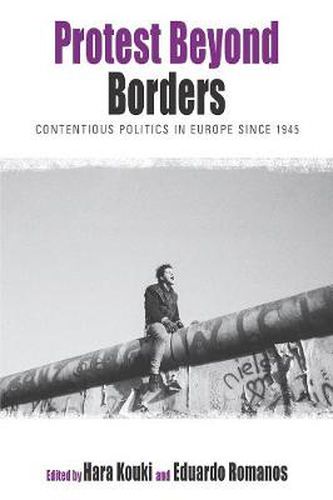Readings Newsletter
Become a Readings Member to make your shopping experience even easier.
Sign in or sign up for free!
You’re not far away from qualifying for FREE standard shipping within Australia
You’ve qualified for FREE standard shipping within Australia
The cart is loading…






The protest movements that followed the Second World War have recently become the object of study for various disciplines; however, the exchange of ideas between research fields, and comparative research in general, is lacking. An international and interdisciplinary dialogue is vital to not only describe the similarities and differences between the single national movements but also to evaluate how they contributed to the formation and evolution of a transnational civil society in Europe. This volume undertakes this challenge as well as questions some major assumptions of post-1945 protest and social mobilization both in Western and Eastern Europe. Historians, political scientists, sociologists and media studies scholars come together and offer insights into social movement research beyond conventional repertoires of protest and strictly defined periods, borders and paradigms, offering new perspectives on past and present processes of social change of the contemporary world.
$9.00 standard shipping within Australia
FREE standard shipping within Australia for orders over $100.00
Express & International shipping calculated at checkout
The protest movements that followed the Second World War have recently become the object of study for various disciplines; however, the exchange of ideas between research fields, and comparative research in general, is lacking. An international and interdisciplinary dialogue is vital to not only describe the similarities and differences between the single national movements but also to evaluate how they contributed to the formation and evolution of a transnational civil society in Europe. This volume undertakes this challenge as well as questions some major assumptions of post-1945 protest and social mobilization both in Western and Eastern Europe. Historians, political scientists, sociologists and media studies scholars come together and offer insights into social movement research beyond conventional repertoires of protest and strictly defined periods, borders and paradigms, offering new perspectives on past and present processes of social change of the contemporary world.